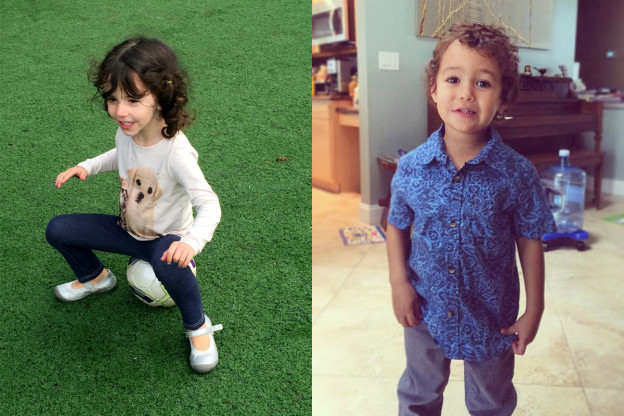I just heard from another Dad letting me know how great he feels about Simply Smarter. Many Dads feel lousy about their lack of participation in their kids’ educations and development. They tend not to get too involved (beyond screaming about poor grades) for a variety of reasons—lack of time, they’re too busy or can’t commit to being consistent—they don’t feel they have the temperament and often because they’re out of their comfort zones and don’t feel like they really know what they’re doing.
NACD’s online program Simply Smarter has been a game changer for many Dads and has taught them how to use their “Dad Power.”
I have worked my entire career to help people understand that potential is something you work to achieve and that it is not a reflection of what you were born with. The entire educational system is built around curriculum, not students. Educators should perceive every student as having a brain that needs to be developed as opposed to a brain that needs to be stuffed. You don’t develop brains and cognition by trying to stuff more into them; you develop brains by building their foundations. What is the foundation? The base of the foundation is auditory and visual short-term memory, upon which we build working memory and executive function. What does the foundation do?
The foundation, starting with short-term memory, determines how many pieces of information you can process. This includes how much of what is being said actually reaches your brain, how much of what you see or read actually reaches your brain and is partially reflected in what you actually can and do pay attention to. Your short-term memory is the basis of your working memory, which determines how many pieces of information you can manipulate in your mind, which translates into how well you can think. Working memory is the foundation of executive function which is responsible for things like problem solving, focus, attention, prioritization, inhibition, impulse control, cognitive flexibility and the ability to organize and act on thoughts, just to name a few. It doesn’t take a huge stretch of the imagination to see how improving all of these functions would and could change virtually everything you do—including making learning, thinking, communicating and functioning easier. Working memory is now being called the new “IQ” and as it should. It doesn’t matter a hoot what your innate intelligence is if you can’t access it. Smarter is better and we can all be smarter. Would you be shocked to hear that smarter students and people in general do better? I hope not.
Back to Dad and where Simply Smarter comes in. When we were designing the activities in Simple Smarter to address and build the foundation, I realized that a couple of key ingredients needed to be included in addition to really individually targeted activities and progressions, such as easy and independent use—something that could be done without direct supervision. Most anyone functioning at the level of an eight-year-old or better can do Simply Smarter from beginning to end all by himself or herself. But, I needed a way for there to be oversight as well as acknowledgement of effort and success, reinforcement and oversight of compliance—meaning that it is being done as often as required. What we have built into Simply Smarter (Dads pay attention here), are a variety of internal badges, rewards and scores, as well as a customizable email notification system. This email system is set up so that anyone who is designated such as Mom, Grandma, Coach Smith, or DAD will receive emails every time the child receives a new high score, which happens often, as long as they are trying their best. It also sends compliance emails so you know if you child or children are using the program as often as you would like them to. So Dad, you can be sitting at your office or checking email on your phone and find out, low and behold Johnny got a new high score! Imagine coming home and yelling “Where’s Johnny?” Johnny comes running in from his X-Box or PlayStation wondering what he did now and you scoop him up and say “Johnny you’re the best—congratulations on your new Simply Smarter high score, I’m really proud of you!” You might have just changed his life—how cool is that! You don’t even need to be in town—a special call from Dad can be really powerful too.
Dad, you’ve got the power! Use it well, use it wisely and use it often.
Dad Power!
– Bob
For more information about how to set up email notifications in Simply Smarter, please visit: http://mysimplysmarter.com/faq/faq-how-do-i-set-up-email-notifications/



